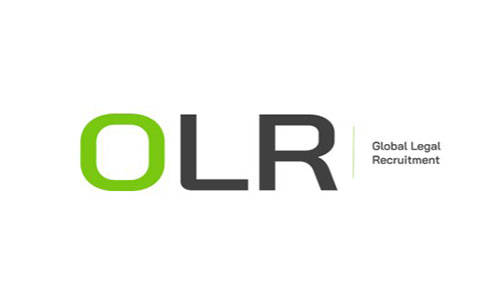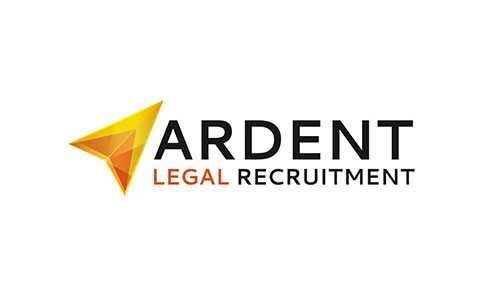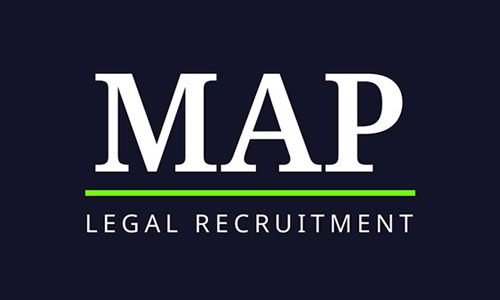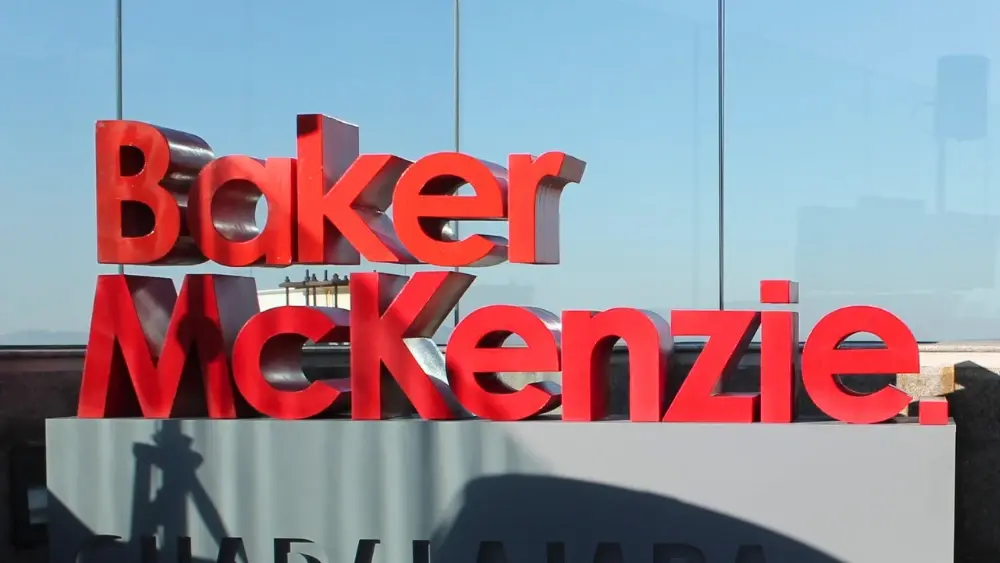Ex-Cooley paralegal banned by SRA for faking client signature

A former Cooley paralegal in London has been banned from working in law after admitting to faking a client signature on a disclosure letter.
The SRA found his conduct dishonest and said it risked undermining public trust in the legal profession.
A former paralegal at Cooley has been barred from working in law without SRA permission after admitting to faking a client’s signature on a key transaction document.
Sarthak Mukherji, who worked at the US firm’s London office, was handed a Section 43 order by the SRA and ordered to pay £300 in costs.
Background
Mukherji had been working at Cooley since April 2022.
In November 2024, a colleague asked him to retrieve a copy of a disclosure letter relating to a matter from the previous year that Mukherji had worked on. On checking the file, Mukherji realised the document had never been sent to the client, and had therefore not been signed.
Fearing the mistake would cost him his job, he copied client signatures from a separate document and pasted them onto the disclosure letter to make it appear as if it had been executed at the correct time.
Initially, he told colleagues the signed version had been saved locally and may have been sent separately. Two days later, however, Mukherji admitted to the forgery and disclosed what had happened. He formally resigned from the firm the following month, citing personal reasons.
Decision
In mitigation, Mukherji told the SRA that he acted out of character, motivated by fear of job loss and concern that colleagues might get into trouble. He acknowledged his wrongdoing and cooperated fully with the firm and the SRA.
The SRA accepted his remorse but found that, as an experienced paralegal, Mukherji "was aware that he should not have misled his colleagues" and that his conduct "fails to uphold public trust and confidence in the solicitors’ profession and in legal services provided by authorised persons."
Join 10,000+ City law professionals who start their day with our newsletter.
The essential read for commercially aware lawyers.







